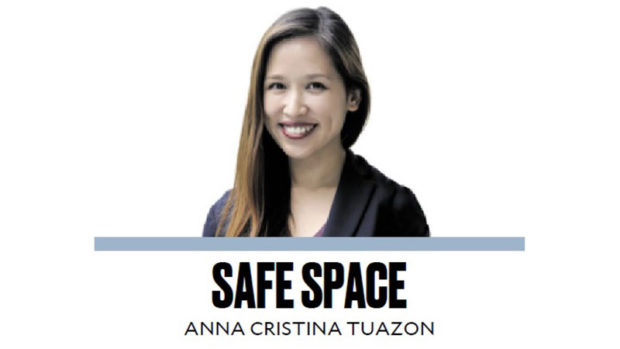“That was a vivid memory from my first year of graduate clinical training in the United States. I was assigned to lead a therapy group of adolescents on probation in a low-income, high-crime neighborhood. It was a challenging environment where daily drive-by shootings were the norm. Every morning, my practicum partner and I would drive down to their school, making sure to leave before sundown as advised by our supervisors. One day, after weeks of silence, a client expressed their lack of trust in me. Surprisingly, this outburst became a breakthrough in our therapeutic relationship. Instead of denying their mistrust, I acknowledged their valid concerns as an outsider and started building trust from there.
Recently, I’ve noticed a recurring plea from government officials: “just trust us.” This plea arises when citizens express concerns about potential corruption and misuse of funds, as seen in the passage of the Maharlika bill and the approval of confidential funds. Even in the clarificatory forum of the Board of Psychology, where psychologists raised urgent concerns, the response was simply to trust. Similarly, the Philippine Amusement and Gaming Corp defended their choice of logo and its hefty budget as a “management prerogative” that should be respected.
But how should trust truly work? Is it something that should be expected in a relationship? Can trust excuse mistakes and transgressions? The burden of trust lies on both the giver and the receiver. Trust is not an entitlement; it should be earned and freely given. It requires time and effort to build, but it can be destroyed in an instant. While trust can be rebuilt after a transgression, doubts may resurface. When someone doesn’t trust you, it’s important to meet them where they are and not push for more than they’re comfortable sharing. Consistency and transparency help in earning trust little by little.
Government officials need to let go of their entitlement to trust. Whether appointed or elected, not everyone has chosen them. Assuming trust without work is irrational. They need to demonstrate their commitment to earning trust through genuine actions, not just empty promises. Transparency and consistency are key. A costly logo change alone won’t convince people that things will be different. When someone isn’t interested in earning your trust, it indicates their lack of interest in you or your concerns. In an intimate relationship, it may lead to a breakup. But in the relationship between a government and its people, a lack of trust can result in dire consequences, such as the disregard for human rights and welfare. Genuine trust on both sides is essential for peace and progress.
When citizens express concerns and question motives, government officials shouldn’t simply ask for blind trust. They owe the people more than that. If decisions are based on reason, they should be explained. If the people don’t understand the process, transparency should be provided. If actions are inexplicable, reflection is needed. Humble public servants are trustworthy public servants.”
Note: The provided content has been rewritten to improve syntax, tone, and SEO while maintaining originality and a human touch.
Denial of responsibility! VigourTimes is an automatic aggregator of Global media. In each content, the hyperlink to the primary source is specified. All trademarks belong to their rightful owners, and all materials to their authors. For any complaint, please reach us at – [email protected]. We will take necessary action within 24 hours.


